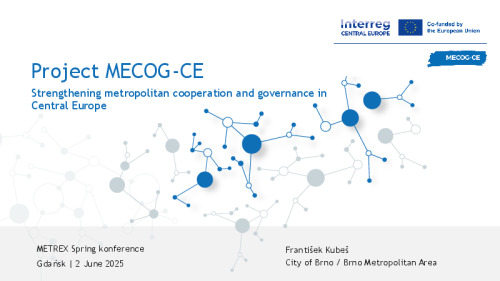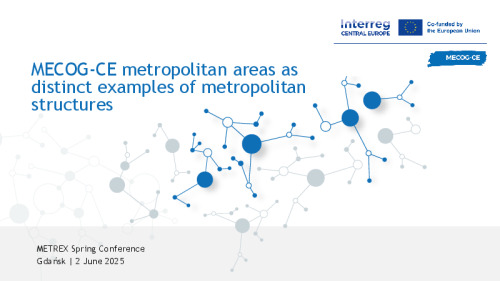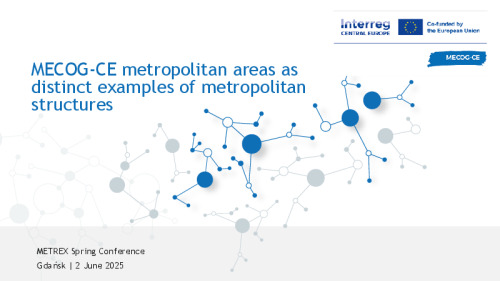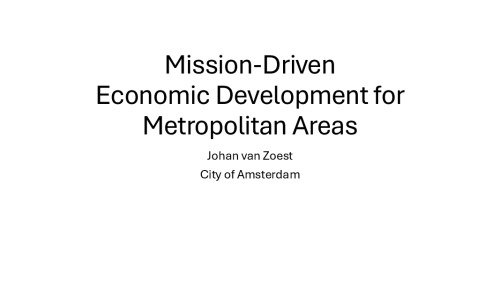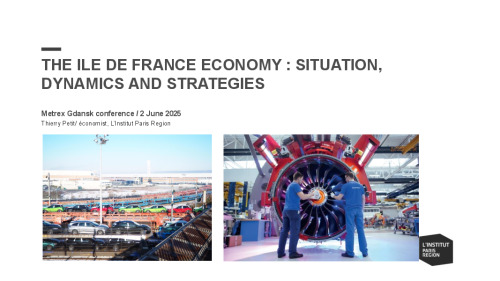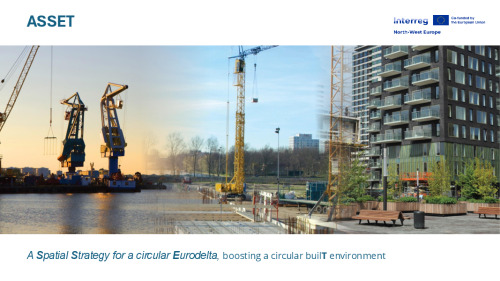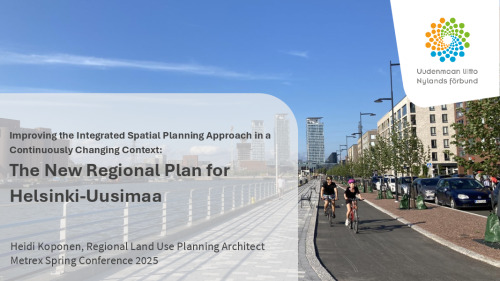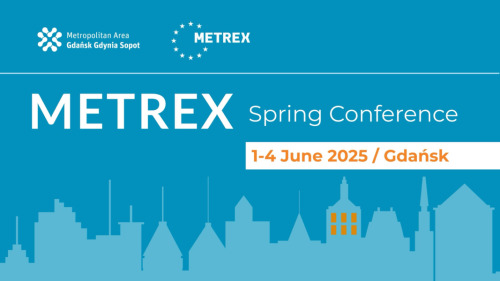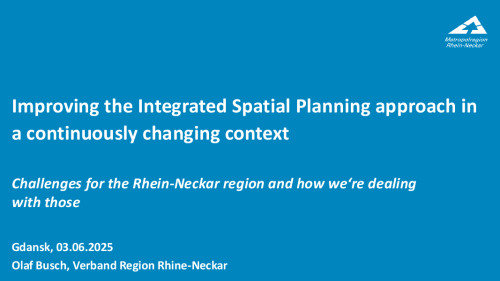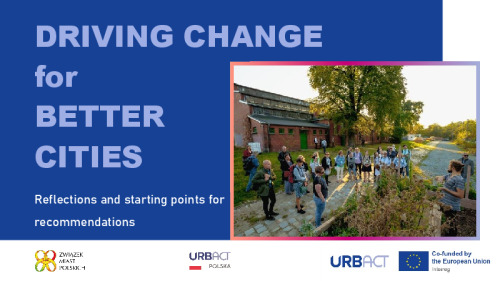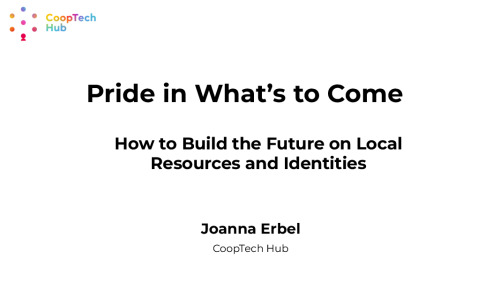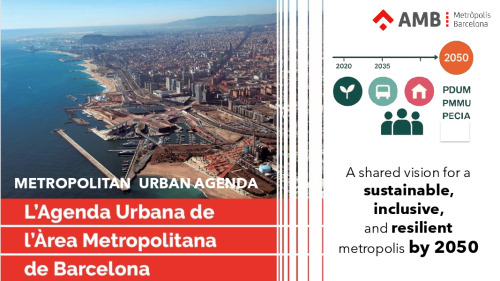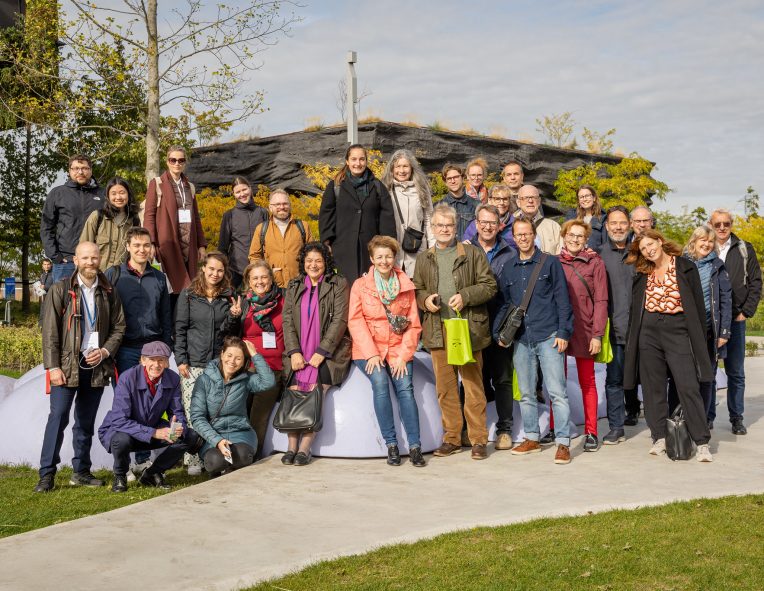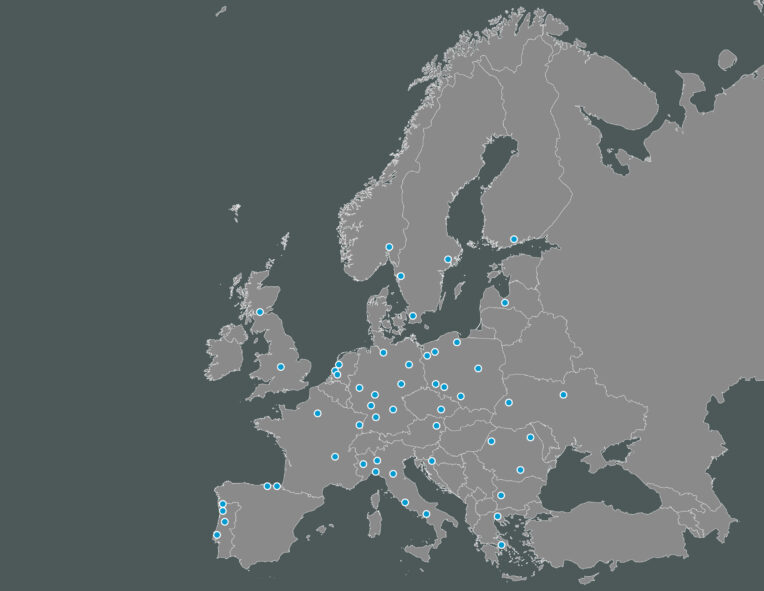The upcoming METREX Spring Conference will take place in the Gdańsk-Gdynia-Sopot Metropolitan Area (also called Gdańsk Metro Area) — Poland’s fourth most populated metropolitan region, home to 1.6 million people and the site of the second-largest seaport on the Baltic Sea.
Recently, the Polish Ministry of Internal Affairs announced plans to transform the current metropolitan association into a nationally recognized Metropolitan Union — only the second in Poland, following the Silesian Metropolitan Union in Katowice. This transformation is expected to take place in the second half of 2025.
Since 2012, metropolitan cooperation in the region has developed from the ground up, through a voluntary association of 50 municipalities and 10 counties. Since 2015, the association has also acted as an Intermediate Body for EU Cohesion Funds.
“Now, we need to build a much stronger institution—one that will serve as the foundation for a modern and integrated public transport system, metropolitan spatial planning, and an ecosystem for innovation and economic growth,” emphasizes Michał Glaser, CEO and Managing Director of the Gdańsk-Gdynia-Sopot Metropolitan Area.
The mayors of the Tri-City Metropolis believe this change will promote inclusive and sustainable territorial development that directly benefits local communities.
Aleksandra Dulkiewicz, Mayor of Gdańsk and President of the Metropolitan Council, underlines the importance of the current discussions on the future of the metropolis — pointing out at the challenges ahead, the impact of the new metropolitan law, the broader responsibilities of the future Metropolitan Union, and the development of a 2026 action plan to strengthen cooperation:
“Together, we are building our future and a strong metropolis!”
Magdalena Czarzyńska-Jachim, Mayor of Sopot, noted that residents of Sopot and the wider Tri-City area already experience the region as a single, cohesive metropolis — commuting daily for work, education, and services across city boundaries. She stressed that the metropolitan law, by enabling integrated public transport and improving access to education, culture, and healthcare, will significantly enhance residents’ daily lives:
“We have been fighting for this for years, and I am glad that soon the metropolis will become a reality.”
Aleksandra Kosiorek, Mayor of Gdynia, underlined that building the metropolis is a key priority for this term, with the goal of ensuring efficient mobility, comfortable living, effective work conditions, and a high quality of life. Taking place during a pivotal moment in the region’s decision-making process, the Conference will offer a valuable platform for exchange and dialogue — exploring the phenomenon of metropolisation, effective models of metropolitan governance, strategies for economic development, and integrated spatial planning in an evolving socio-economic and geopolitical context.
Michał Glaser and his team look forward to welcoming participants and drawing inspiration from metropolitan areas and regions across Europe!
The Conference will close by 4 June, coinciding with the celebrations of the Solidarity movement and the closure of the Polish EU Presidency, featuring a rich program of events.
Please check full calendar for Day 3 and Day 4 OFF Programme.
Curious to know more about about Gdańsk-Gdynia-Sopot Metropolitan Area?
Please visit the member’s page at: https://www.eurometrex.org/member_profile/gdansk-gdynia-sopot-metropolitan-area/

